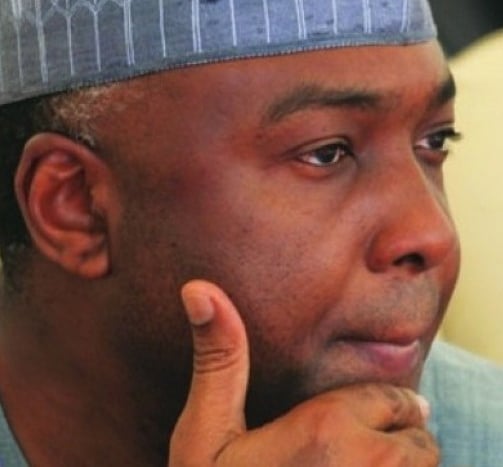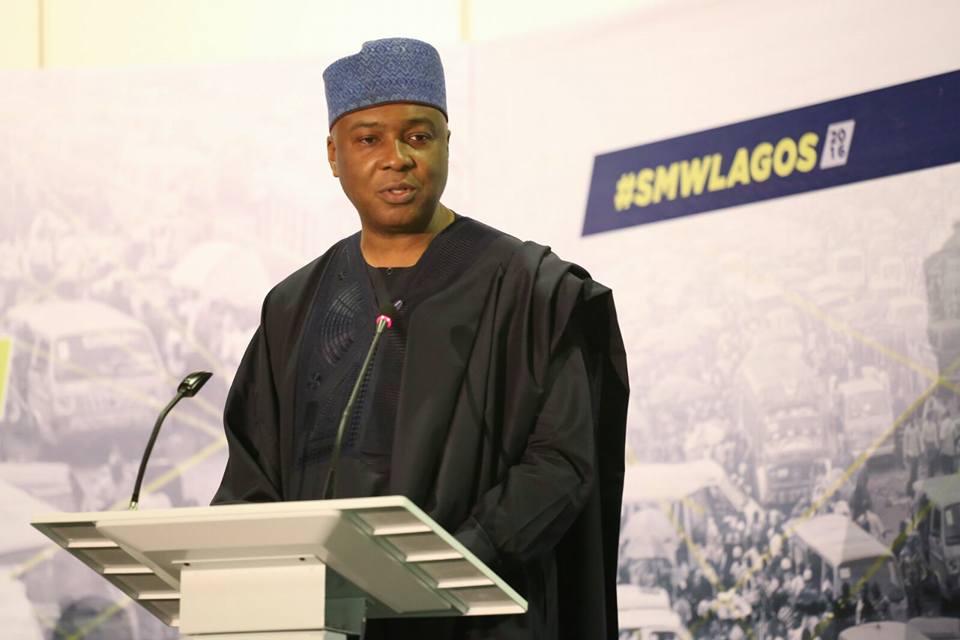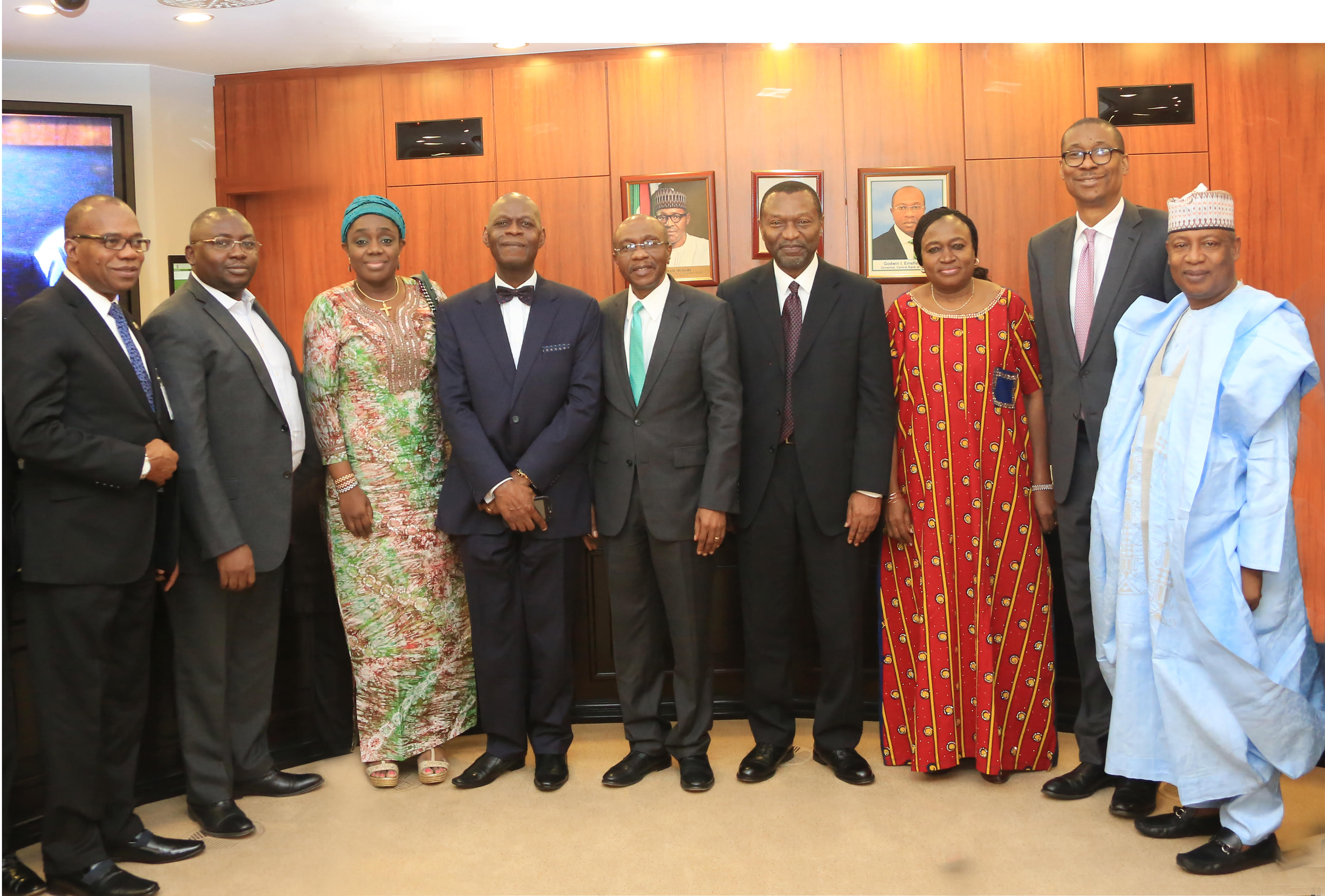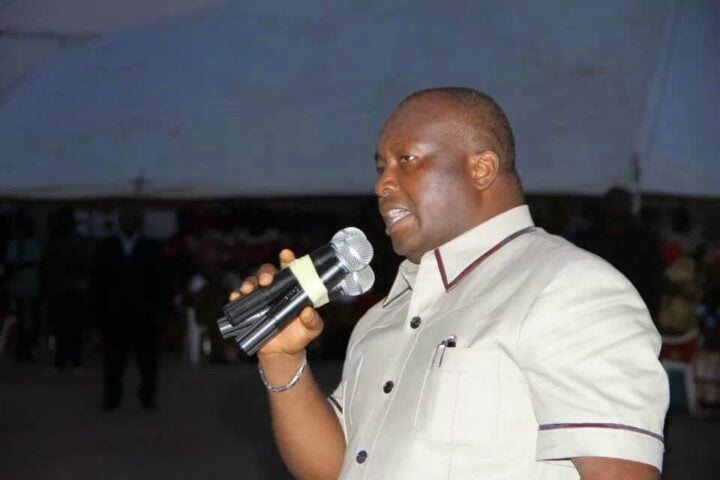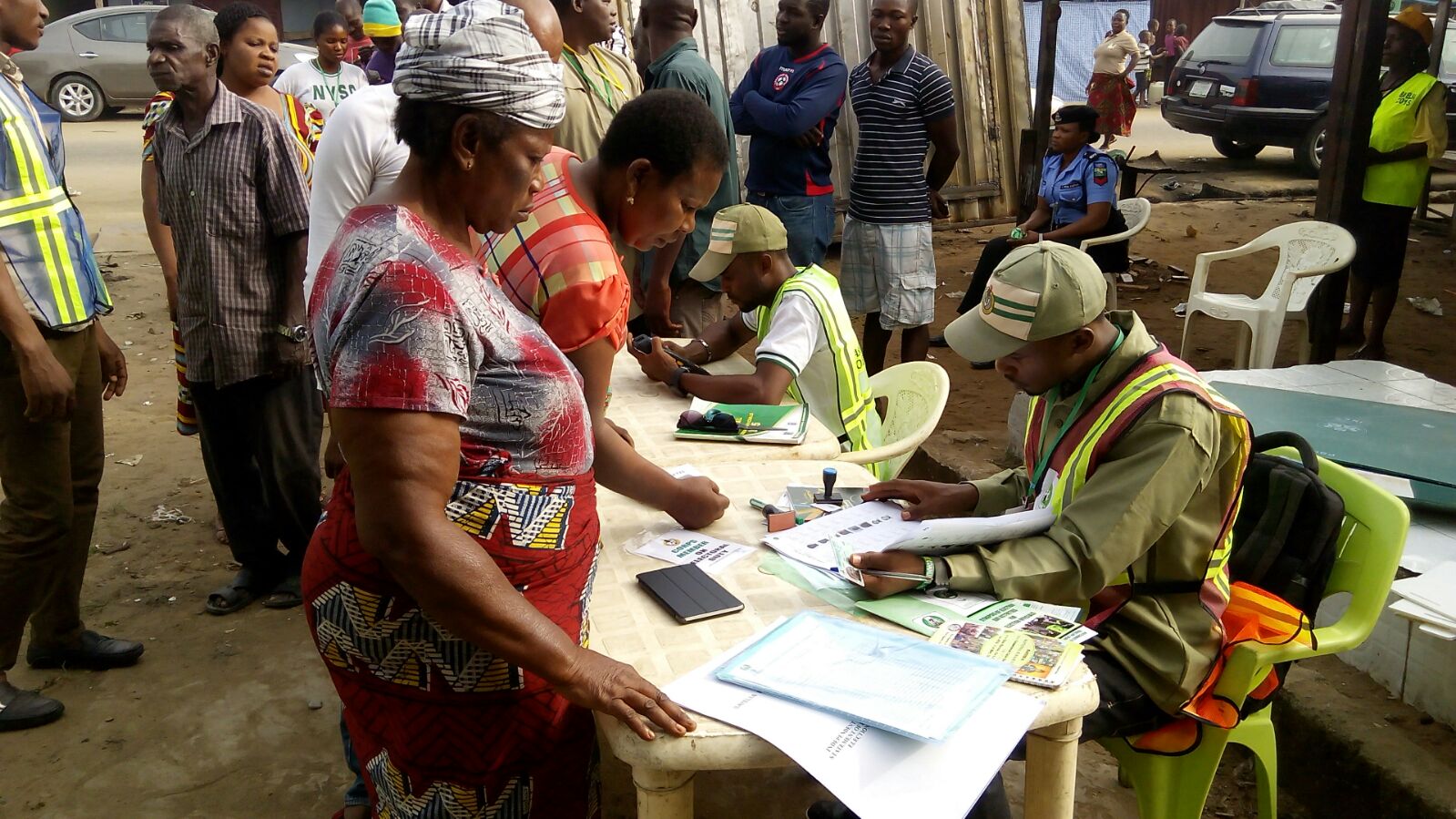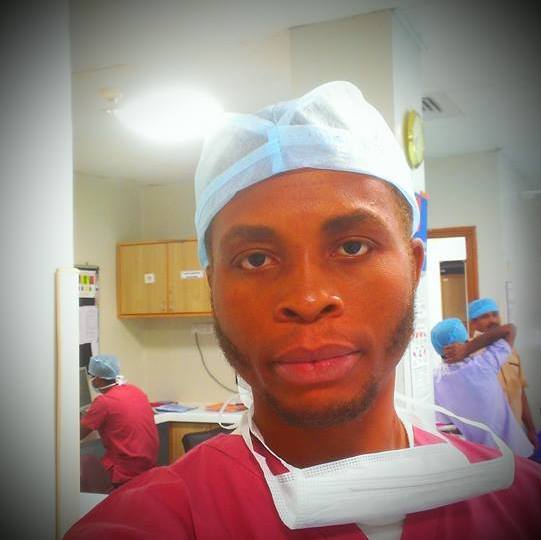For everyone concerned about a more equitable world order and the place of Africa in it, there could not have been a more important topic for discussion at a forum which brings global leaders in business, politics and the civil society together.
Over the last seven decades or so, we have witnessed a steady evolution in the agenda of South South cooperation. From the liberation struggle of the early years, to the non-alignment of the cold war era, through to the more recent push for democratization and democratic consolidation, and the preoccupation with development at the turn of the millennium, the developing world had demonstrated an incredible capacity for dynamism in defining its political agenda.
However, while the rhetoric of decolonization and non-alignment might have dominated some of the early conversations among the countries of the global south, South South cooperation and the various regional integration efforts that derive from it, have been largely driven by solidarity and the need to build partnership based on shared geography, a shared political history, and a common worldview. South-South cooperation has over the years inspired the construction of alternative international governance framework which seeks to enable countries in the developing world to take responsibility for their own development.
Starting from the first Africa-Asia Summit in Bandung, Indonesia in 1955; the Africa-South America (ASA) cooperation Summits in Abuja, Nigeria in 2006 and Venezuela three years later; the Nairobi Conference of 2009; as well as numerous similar conferences, Africa has demonstrated its willingness and capability to build greater partnership and cooperation not only within the continent, but also across other regions of the global south.
Advertisement
Despite the dominant narrative of pessimism about the African continent, our experience has demonstrated that so much can be achieved if we work together with ourselves and other regions of the world who share in our reality and are prepared to cooperate with us as partners.
However, over the years, despite the great progress that has been made in regional and sub-regional cooperation on the continent, the crowning glory of which was the creation of the African Union in 2001, it appears that majority of our countries have not fully imbibed the global outlook required to move more quickly towards realizing the full vision of the Union. I have no doubt that we cannot achieve any effective integration of Africa with the rest of the global south in cooperation and partnership, unless we achieve first the integration of Africa within itself. Without the demonstrable commitment by African countries to think beyond their immediate borders, Africa will continue to remain junior partners, even in its relationship with other parts of the developing world. The exploitation of our continent does not become more acceptable simply because it is done by another developing region rather than Europe or America. The strength of Africa’s cooperation with the rest of the world, lies in the ability of Africa to cooperate with itself.
It is however important to emphasise that when we think of the integration of the African continent, we need to think more in terms of the integration of our people even more than we think of our physical borders. In this wise, Africa will continue to present an interesting challenge to migration experts. In different parts of our continent, majority of our people still regard the borders as mere colonial legacies. An important example is West Africa where the borders are drawn vertically, but the people are distributed horizontally. Communities who have lived as one family for centuries have refused to recognize these artificial lines. People who have traveled by road from Lagos to Abidjan have found to their utter surprise that while they waited for hours at the various border posts to have their passports checked and stamped, ordinary villagers in the border towns moved freely to fetch water or buy a loaf of bread, without the slightest realization that they have crossed the border into another country!
Advertisement
Technology, especially advancement in information technology, has also significantly changed the way we think about our borders and its ability to keep people in or out. As our people continue to interact across virtual spaces, sharing knowledge, ideas and information with ever increasing ease and speed, we in the political leadership must realise that the decision has been more or less taken out of our hands and that the physical borders have been rendered almost irrelevant by technology.
Our people will continue to cooperate and collaborate, regardless of what we do. Information about business and employment opportunities will reach them wherever they may be, and they will follow those opportunities. Pastoralists will follow the water and the green pasture, and young people will follow employment and business opportunities. Unless we clearly define what these mean in terms of our relationship with ourselves, migration will ultimately lead to tension and the inevitable conflict. We have seen already, xenophobic attacks in some parts of the continent. This alone must force us to think again about what African integration and cooperation mean to us. Do we want an Africa where law abiding citizens of all our countries should be able to move freely and partake in social and economic opportunities in any part of the continent, from Cape to Cairo or Casablanca to Kinshasa? Or, do we want an Africa that is still largely insulated against itself, an Africa where Europeans and Americans will feel even more welcomed in our countries than fellow Africans?
Without doubts, the vision and philosophy of the African Union is for a continent whose strength and prosperity are based on greater cooperation and partnership among our various countries and its peoples. We are still far away from realizing the full vision of the Union, which includes a common currency and common Central Bank among others. However, we need to demonstrate that we remain committed to achieving this vision no matter how long it takes.
Permit me to emphasise that we cannot form a strong partnership with other regions of the world, whether in the global south or the north, unless we have forged a strong partnership and cooperation among ourselves. Even as a young man growing up in Nigeria and the United Kingdom, I heard mostly of Europe and America as our traditional trade partners rather than other African countries. Every year, thousands of Europeans and Americans visit various parts of Africa for tourism. Egypt, Morocco, Kenya, Tanzania, South Africa, Gambia, Mauritius are only a few of their favourite tourism destinations. For Africans however, Europe and America, and lately the United Arab Emirates, remain our favourite holiday destinations. It is not just the case that Africans don’t want to travel to other parts of the continent; but the reality is that it is easier to move across the countries of Europe than it is to travel across Africa. We need to make it easier for our people to know each other and make it easier for Africans to know Africa.
Advertisement
Perhaps, the greatest challenge faced by the African continent today is that of youth unemployment. Nigeria’s 70 million youth population between the age of 18-35 presents both opportunities and threats almost in equal measure. This demographic opportunity is one thing that almost the entire African continent has in common. While the average age in Europe is 45; for Africa, it is in the 20s region. A large youth population such as ours means a huge market in terms of products consumption, services and labour. However, for Africa to benefit from the demographic dividends that a massive youth population offers, we must make the right investments in quality higher education and create the right conditions and opportunities for entrepreneurship and employment. No single country on the African continent can do this alone. A large market is only useful when the people have the necessary purchasing power; and a huge population is only an asset when it is productive.
The challenge of cross-border crimes, the smuggling of small arms and light weapons across our borders; or even the wave of terrorist activities provide another compelling reason why effective cooperation and partnership is almost a matter of life and death. The experience we have had with Al-Qaida in the Maghreb (AQIM) in Mali and the Boko Haram in Nigeria shows that security and stability of our countries can only be guaranteed through a regional governance system which would make it impossible for terrorists and criminals to find a safe haven within any of our borders.
Many countries in Africa have witnessed remarkable economic development in recent years. However, in the context of overall global economy, this progress amounts to very little or nothing. Africa’s share of the global trade is only 2% and of this, only 11% is Africans trading with themselves. We have to reverse this trend.
The various regional and sub-regional development banks are markers of our commitment to home grown credit. However, broad based financial inclusion remains a challenge, and limited access to credit and financial services to the teeming population of Africa’s poor and young people will continue to threaten any efforts at poverty eradication and promotion of real entrepreneurship among our youths. Strengthening financial inclusion must therefore remain at the top of our regional political agenda.
Advertisement
Like in all situations, embedded in all these challenges are great opportunities for our continent. The prevailing “America First” situation in the United States as well as the Brexit, will open news windows of opportunities. Investments and businesses will seek opportunities elsewhere and governments will seek new partners. Africa must put its acts together and position to benefit from the opportunities, fast more than before, that these political situations would present.
Tourism will remain key drivers of economy on our continent. However, music and movies have witnessed remarkable progress in recent years. Nigeria’s Nollywood is the fastest growing movie industry in the world. In recent past, American and European music were on their ways to colonizing Africa. This trend has been effectively reversed in the last few years as African music continue to grow in popularity in different parts of the world, including China.
Advertisement
Trust and genuine partnership are key factors in opening up the African continent to African businesses and people. This is why I must commend the King of Morocco for the recent bilateral agreements with Nigeria in different areas, including the Bilateral Air Services Agreement; Marine Fisheries Cooperation; Diplomatic and Official Services Visa Exemption and many more. We need to build on this and hold it make it easier for people and goods to move across our continent.
We must strengthen relationships among our parliamentarians, among our governments and among our businessmen to share experiences and build mutually beneficial partnerships. There are very exciting models to build on. The Lagos to Tangiers highway project; the Trans Sahara gas pipeline project, as well as the Chinese-backed railway projects that would connect East African countries are only a few of these.
Advertisement
My goal as the President of the Nigerian Senate is to improve parliamentary collaboration across Africa and to improve economic partnerships on the continent by enacting laws that would promote trade in Africa and make doing business in Nigeria safer and easier.
All the foregoing have significant implication for leadership.
Advertisement
While it is not a perfect yardstick, recent outcome of the Mo Ibrahim Prize for Achievement in African Leadership calls for a sober reflection. We must re-evaluate our leadership recruitment standards and how we measure performance in leadership. In the context of this conversation, I believe that the kind of political leaders that can help our continent in the 21st century are those who are able to think in regional terms and operate in a global context; those who have the self-confidence to play in a team of leaders to find a common solution to the common problems that confront our countries, our continent and all of humanity.
Time is not on our side. The world needs us. Let us believe in ourselves. This is our time. Political leaders in Africa must reach out to each other on how to co-operate for the benefit of the people. That is why I commend the building relationship between President Muhammadu Buhari of Nigeria and King Muhammed VI of Morocco. Our leaders must also work with the private sector to drive development and economic growth. We must not lose the current momentum in pulling up our people and our continent.
Saraki, president of the senate, delivered the speech during the opening session of the Crans Montana Forum of Africa and South-South Co-operation for Africa’s Development in Dakhlan, Morocco.
